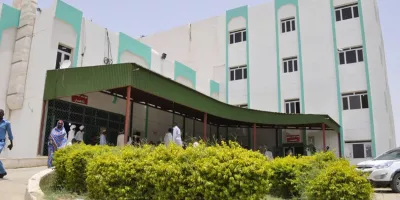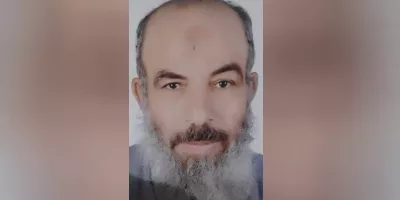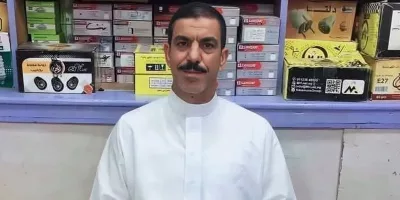The undersigned campaigns and human rights organizations condemn the mass death sentences upheld earlier this week by the Cassation Court in the Rabaa Dispersal case, despite an international outcry opposing the trial for its lack of due process.
Egyptian authorities continue to insist on involving the judicial system in political rows. It has used the courts to issue death sentences of a political nature against opponents of the ruling regime in mass trials that lack the minimum elements of fair trials recognized internationally.
The rulings were approved by Egypt’s highest appeals court, the Court of Cassation, on June 14, 2021, against defendants in Case No. 2985 of 2015 Nasr City, known in the media as the case of “the dispersal of the Rabaa sit-in.”
The Criminal Court held the first session of the trial on December 12, 2015, and sentenced all the defendants for one year imprisonment on charges of insulting the court in February 2017.
On July 28, 2018, the court referred 75 defendants to the Mufti to express his non-binding legal opinion on their execution. After receiving the opinion of the Mufti, the Criminal Court on September 8, 2018 handed the death penalty to: Essam El-Erian, Mohamed El-Beltagy, Assem Abdel-Majid, Safwat Hegazy, and 71 other defendants. It also sentenced 47 defendants to life imprisonment, including Mohamed Badie, the Muslim Brotherhood’s top leader; and 374 defendants to 15 years rigorous imprisonment. It sentenced Osama Morsi, the son of former President Mohamed Morsi, to 10 years of rigorous imprisonment, while 22 juvenile defendants were also sentenced to 10 years in prison. 215 defendants were sentenced to five years of rigorous imprisonment, including journalist Mahmoud Shawkan. Five of the defendants have died during their imprisonment and their sentences have since been dropped.
The signatories cite the statement made by UN experts following the issuance of the initial ruling on the case. The experts stressed the need to send a strong message to all countries – including Egypt – that they have a duty under international law to investigate arbitrary killings, prosecute those responsible and apply international standards of legal procedures and a fair trial. The experts expressed their shock at the judicial decision, stressing that “any executions carried out under these circumstances, and without full respect for fair trial standards, will amount to arbitrary deprivation of life.”
The signatories stress that the course of the trial was marred by many flaws. The accusations were broad and not linked to clear incidents. Indeed, some of those convicted had been arrested a month before the dispersal of the Rabaa sit-in. The mass ruling contradicted the principle of the criminal responsibility of the individual. It also ignored the possibilities of arbitrary arrest and condemned all the defendants, without exception, including photojournalist Mahmoud Abdel Shakour Abu Zaid (Shawkan), who won this year’s UNESCO Prize for Freedom of Expression, and who was arrested while practicing his journalistic work in the vicinity of Rabaa Al-Adawiya Square, which was not taken into account by the Court of Cassation.
The first instance trial did not observe minimum fair trial guarantees. Some of the defendants did not have legal representation in most of the trial sessions. The defense team’s testimonies have complained about the court’s confiscation of most of the rights of the defense to plead, make legal defenses, question witnesses and allow sufficient time to present the oral argument.
The campaigns and human rights organizations call on the Egyptian judiciary to stop the mass convictions and executions that undermine its integrity. They stress the need for the courts to implement internationally recognized fair trial standards, and to avoid engaging in political conflicts.
Egyptian authorities must immediately stop the above-mentioned collective death sentences, and consider the abolition of the death penalty and its moratorium in the meantime, with the need to open a broad societal discussion about the penalty, conduct studies on its ability to deter and prevent the recurrence of crimes, and consider reducing the number of crimes punishable by death.
Signatories:
Article 55 Campaign
The Egyptian Center for the Right to Education
Killed in Egypt Campaign
Their Right Campaign
HuMENA for Human Rights and Civic Engagement
Zenzana Voice Online Platform
The Arab Foundation for Civil and Political Rights (Nidal)
The Arab Organization for Penal Reform






